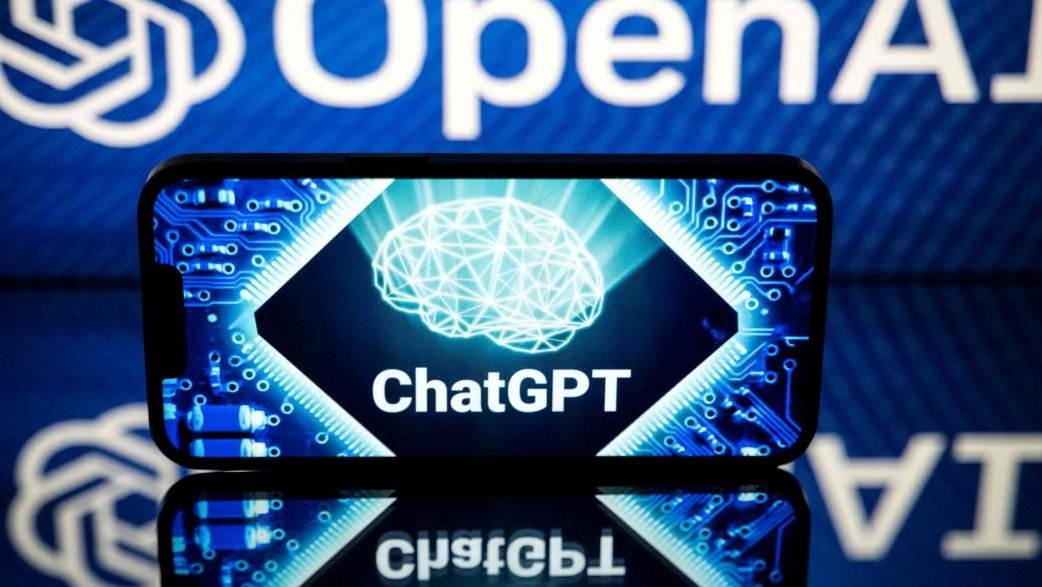
While ChatGPT fever has swept through youth all over the world, the AI agent in Bengaluru may get you into trouble. Bengaluru’s private universities are starting to take action against ChatGPT, which has grown popular among the student population.
An open-source platform called ChatGPT, created by OpenAI and released in November 2022, can expertly produce papers, articles, and essays in response to a brief instruction. And anyone with an internet connection can use this service for free.
In addition to responding to “follow-up inquiries,” ChatGPT may “admit its mistakes, dispute faulty premises, and reject improper requests,” according to OpenAI’s description.
It is based on the GPT 3.5 series of language learning models from the business (LLM). Generative Pre-trained Transformer 3 (GPT) is a type of computer language model that uses deep learning strategies to generate text that resembles human speech based on inputs.
However, because of the platform’s nature, educational institutions are concerned because they think ChatGPT will make it simple for students to turn in their homework.
Because of this, universities in Karnataka are developing their own policies and organising review sessions on how to properly use the ChatGPT platform without degrading productivity.
Dr. Sanjay Chitnis, dean of the School of Computer Science and Engineering, emphasised that when original submission is required from students or faculty, such as code in the first-year programming course or original essays, answers to questions, etc., AI agents like ChatGPT, GitHub copilot, or blackbox should not be used.

According to Chitnis, “Students were experimenting with AI agents merely for fun, but there is a chance that they could use it for programming and writing projects. Therefore, when the platform gained popularity, we implemented a regulation for the “fair use” of AI agents without affecting their learning. The industry will eventually employ such platforms for job productivity, thus there is a real way to leverage tools like ChatGPT where we want students to speed up their assignment work.
The ban will be enforced, according to the institution, “by blocking these websites during lab and tutorial sessions and conducting random checks by requesting students to copy the text. Discipline will be applied if a large discrepancy is discovered. However, it permits the “fair use” of AI agents where the students’ writing or coding ability is not being evaluated but rather their ability to formulate problems, ask insightful questions, and offer original or creative answers.






